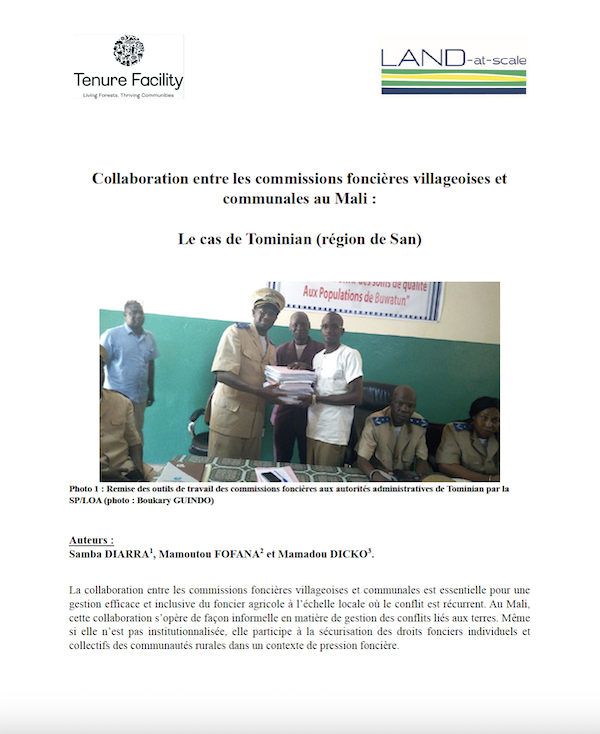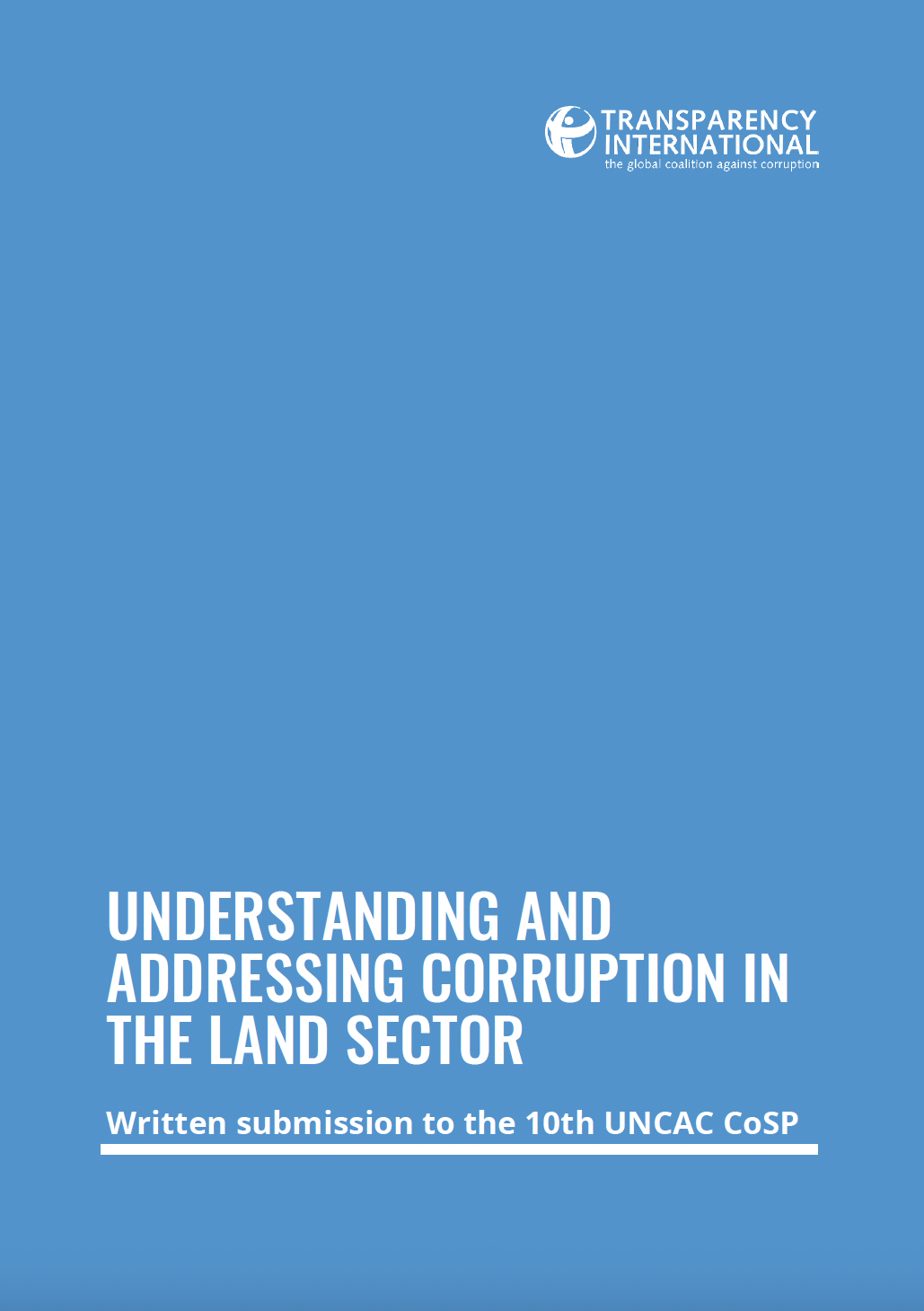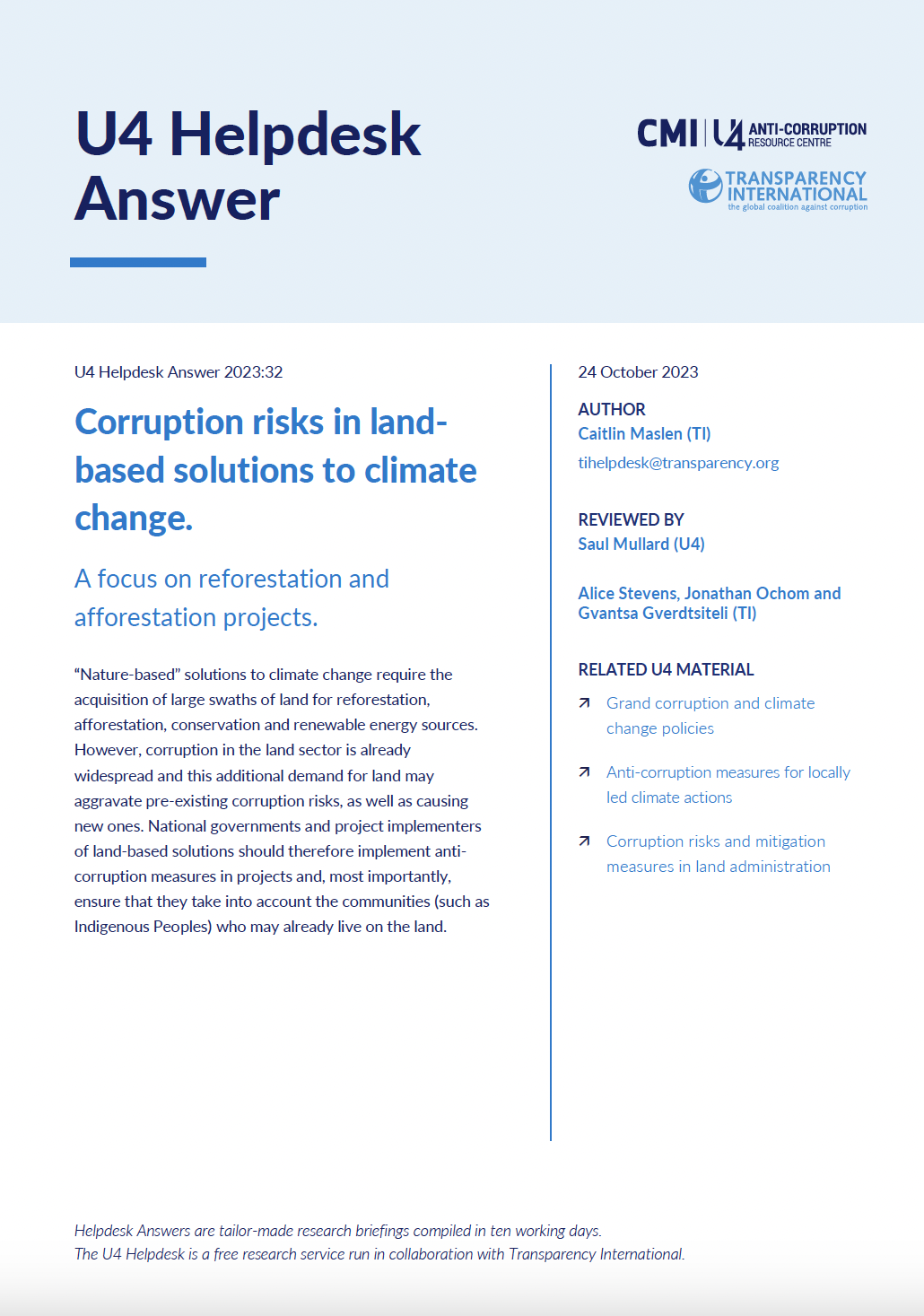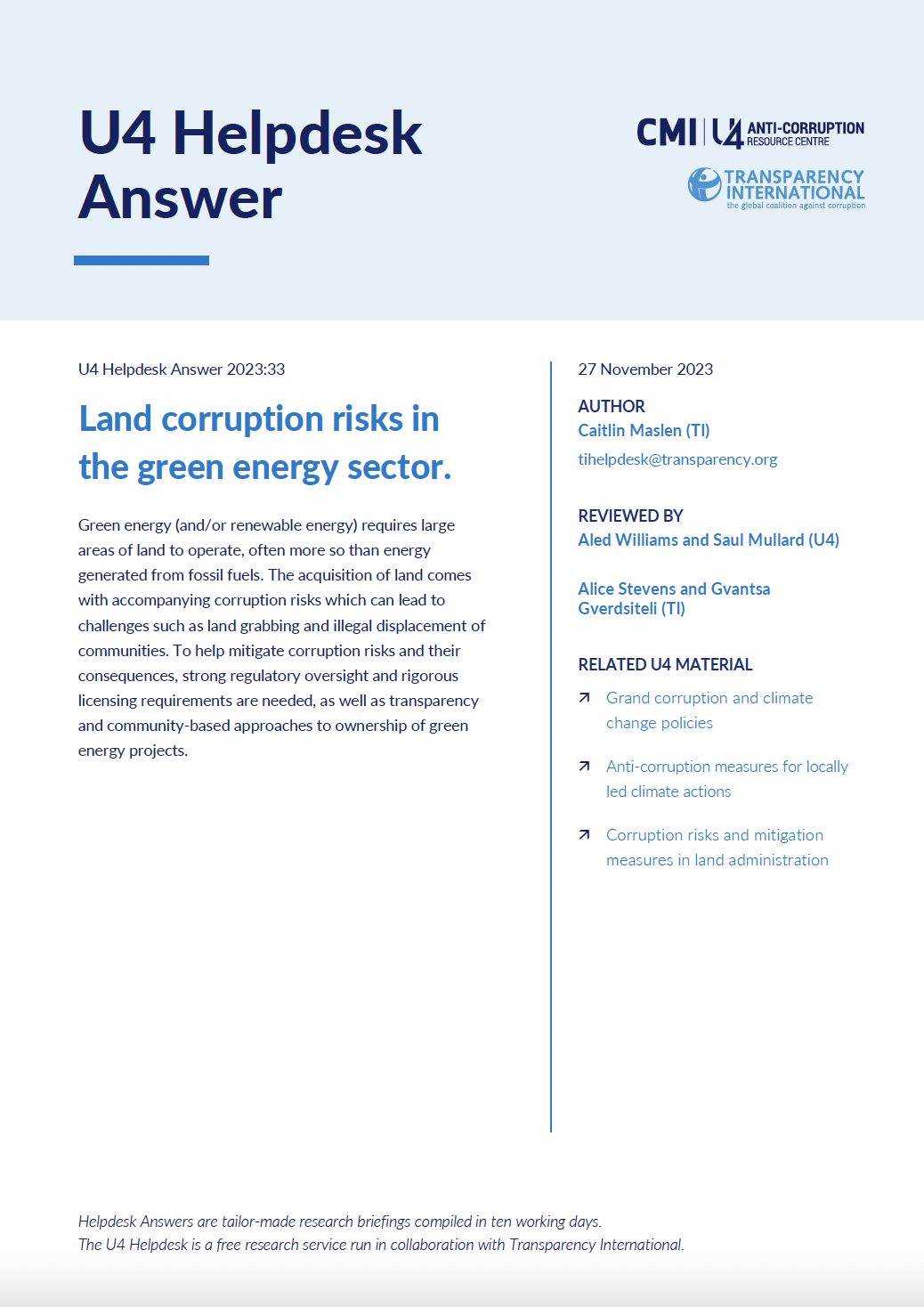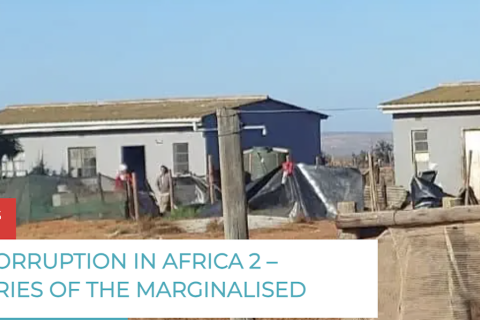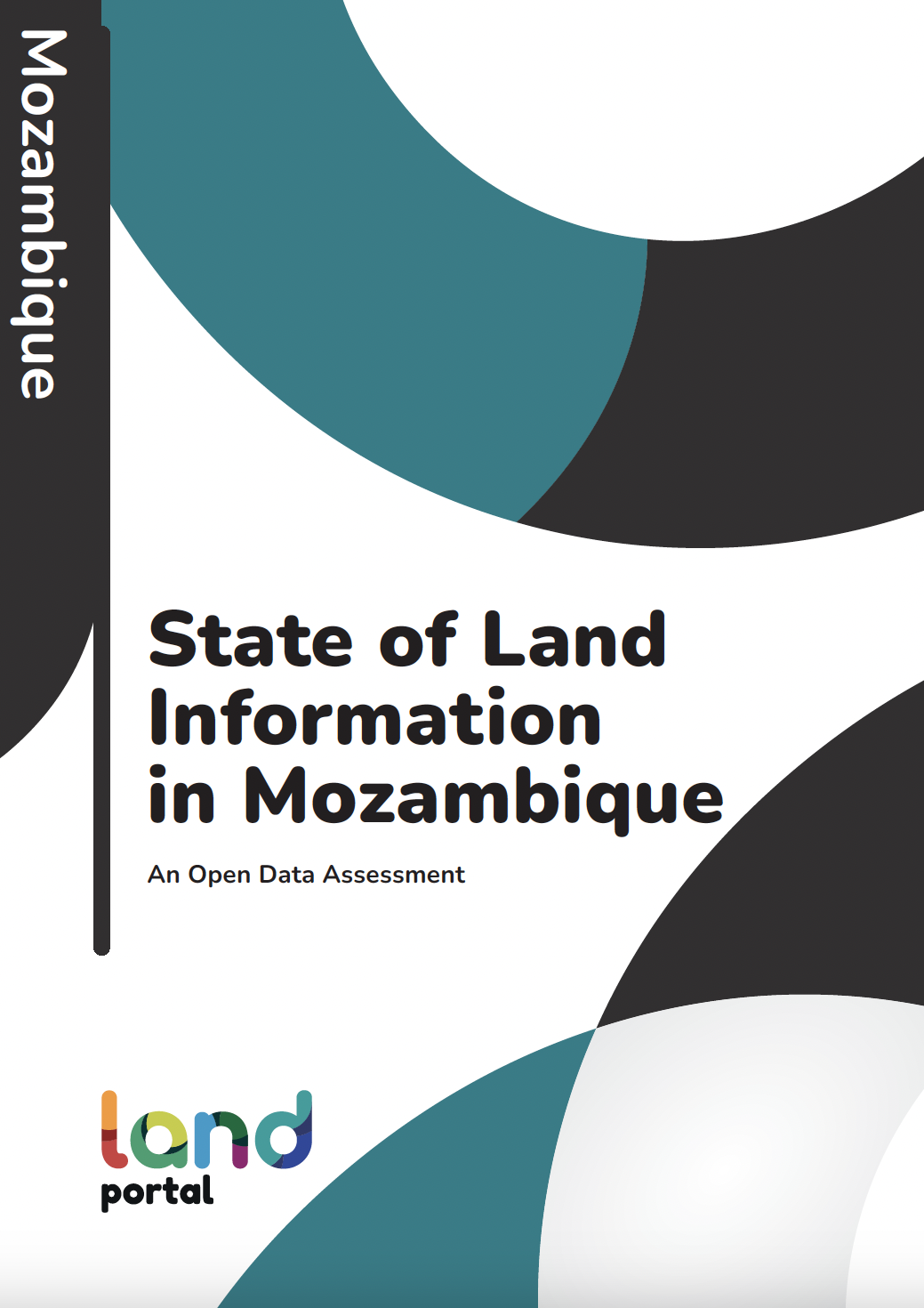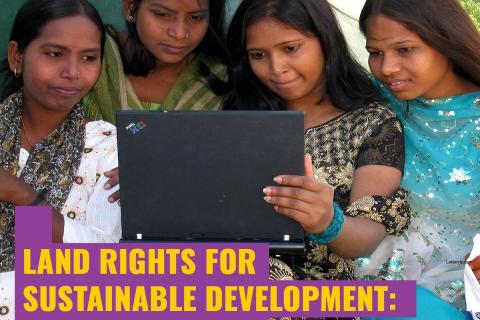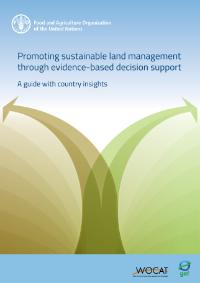
Topics and Regions
Neil Sorensen joined the Land Portal as its Communications Specialist in October 2015. He has extensive experience leading communications for international organizations and developing relationships with civil society, donors, intergovernmental agencies, the media and the private sector. Previously, Neil worked for the International Fund for Agriculture Development (IFAD) as a Governing Bodies Officer and Strategic Adviser to the Secretary of IFAD. He has also led communications for three international organizations, including the International Land Coalition, the International Federation of Agricultural Producers (IFAP) and the International Federation of Organic Agriculture Movements (IFOAM). He holds a Master’s degree in Global Diplomacy from the University of London School of Oriental and African Studies (SOAS) as well as a Bachelor’s degree with a double major in German and Sociology from St. Cloud State University.
Details
Location
Contributions
Displaying 101 - 110 of 1156Collaboration entre les commissions foncières villageoises et communales au Mali
Understanding and Addressing Corruption in the Land Sector
Land corruption – corrupt practices in the land sector – threatens the lives and livelihoods of people and communities, the environment and climate, food security and political stability. Its impacts are particularly acute for 2.5 billion people who live on and from the land. Addressing it requires a dedicated focus and assessment of land related institutions across different national contexts.
Corruption risks in land-based solutions to climate change
“Nature-based” solutions to climate change require the acquisition of large swaths of land for reforestation, afforestation, conservation and renewable energy sources. However, corruption in the land sector is already widespread and this additional demand for land may aggravate pre-existing corruption risks, as well as causing new ones.
Land corruption risks in the green energy sector
Green energy (and/or renewable energy) requires large areas of land to operate, often more so than energy generated from fossil fuels. The acquisition of land comes with accompanying corruption risks which can lead to challenges such as land grabbing and illegal displacement of communities. To help mitigate corruption risks and their consequences, strong regulatory oversight and rigorous licensing requirements are needed, as well as transparency and community-based approaches to ownership of green energy projects.
Land and Corruption in Africa: Telling Stories of the Marginalized
Groundbreaking Reports Detail the State of Land Information in Mozambique, Liberia, and Sudan
State of Land Information in Mozambique
In Mozambique, the law recognizes certain forms of occupation as constituting legal tenure and nationals can claim this recognition of their right to occupy and use land allocated through customary norms/practices. Local communities can also claim rights over land which they have customarily occupied, used, and managed. These rights are not prejudiced by their lack of titling or documentation and may be defended on the basis of oral testimony.
Land Rights for Sustainable Development - The Role of Data
Having secure land tenure, ensuring people's confidence in accessing, controlling and utilizing their land, is crucial for promoting sustainable land management practices. It also plays a key role in building resilience against the impacts of climate change, including extreme weather events, rising sea levels, and increased desertification due to higher temperatures.
Promoting sustainable land management through evidence-based decision support
This publication is a product of the GEF-funded FAO project ‘Decision Support for Mainstreaming and Scaling Out Sustainable Land Management (DS-SLM)’ which has developed a decision support framework (DSF). The DSF integrates experience from work with land degradation (LD) and SLM into an overall strategy for mainstreaming and scaling out SLM at different spatial and temporal scales. This publication serves as a step-by-step guide for the application and implementation of the DSF during planning, design and implementation of SLM interventions.

